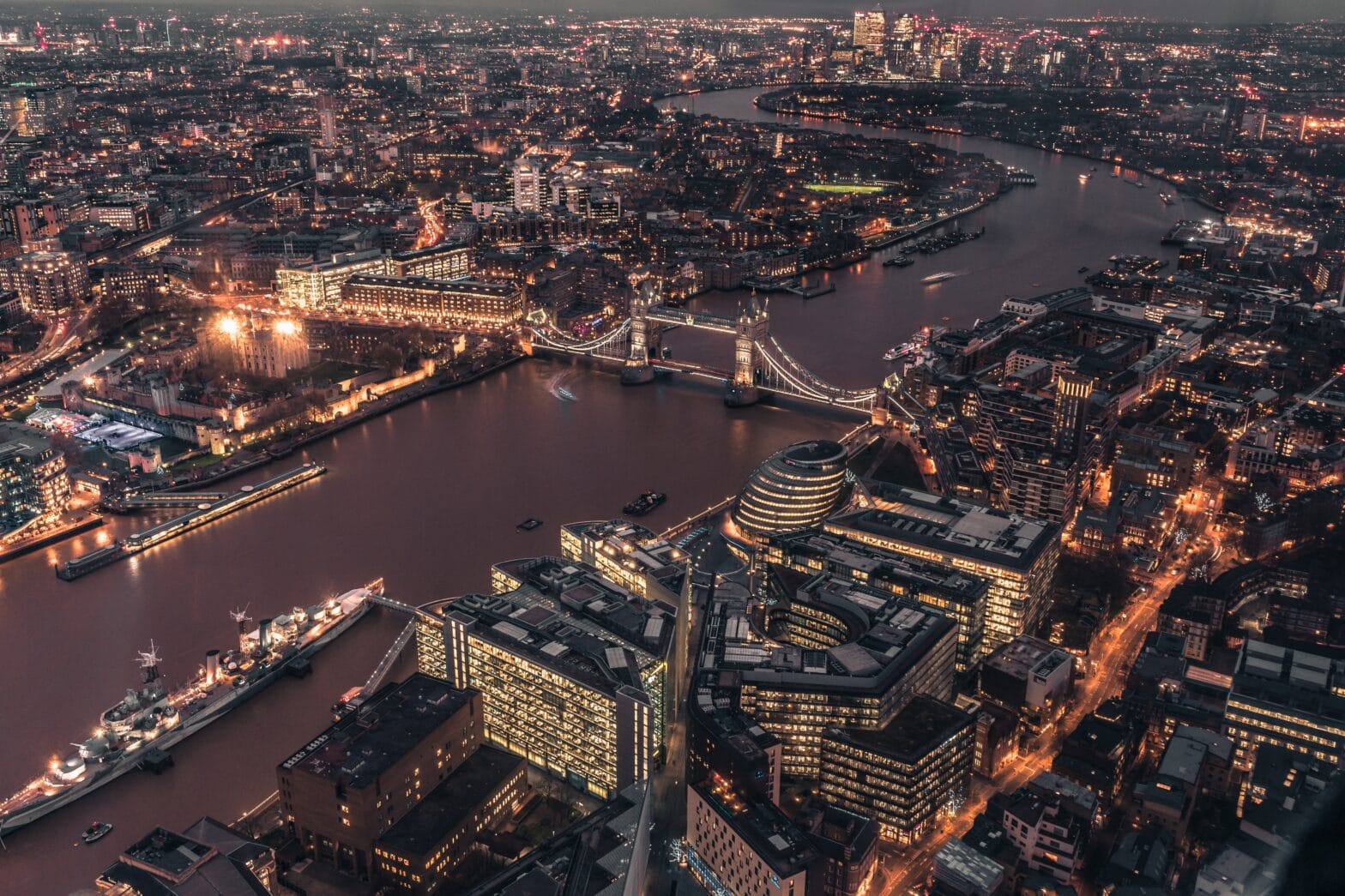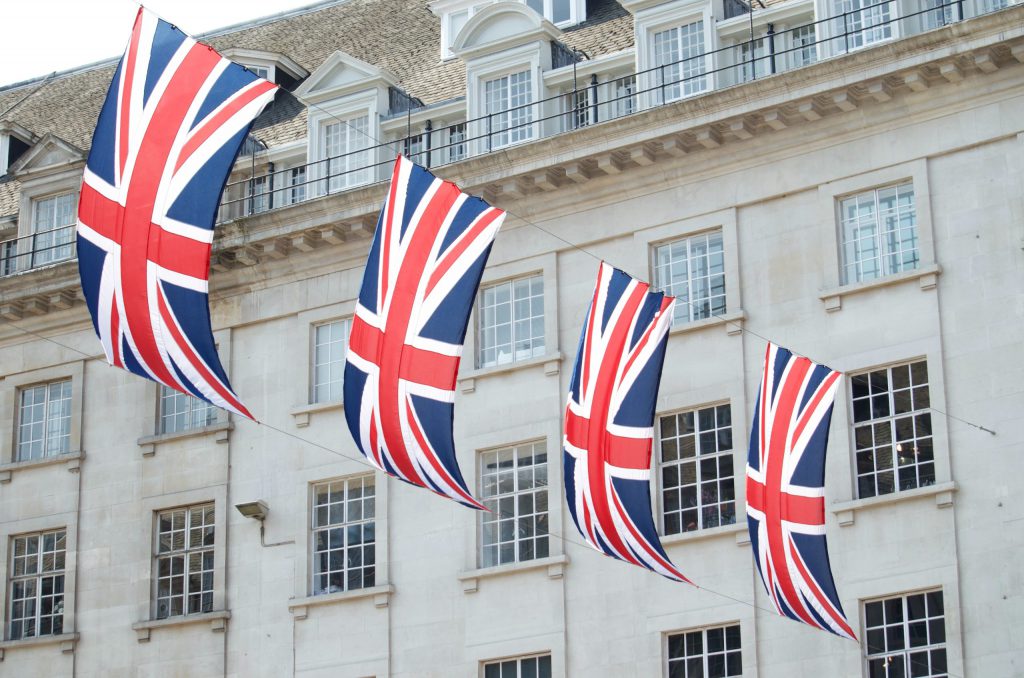In the United Kingdom (UK), loyalty to tradition converges beautifully with a penchant for self-deprecation and an unconditional love of eccentricity. Replete with a verdant countryside and bustling cities, the four British nations (England, Scotland, Wales and Northern Ireland) appeal to city dwellers and nature lovers alike. And in addition to its historical, natural and cultural marvels, the UK offers great professional opportunities! So how well does life in the UK accommodate families, singles and couples? What can an expat expect of life in the UK? Foyer Global Health gives you a quick overview.
Relocation and Brexit
The withdrawal of the United Kingdom from the European Union in 2016 has had a significant impact on the rights of foreigners, including all expats, to freely move, settle and work in the UK. EU citizens do not get special treatment anymore; there is no longer a difference in the UK between EU and non-EU nationals. Indeed, if you plan to stay in the UK for more than six months, you must apply for a visa or residence permit.
The type of visa (Skilled Worker, Global Talent, Family, or Graduate Visa) depends on your profile. In any case, a good command of English is required.
Healthcare in the UK
Since 31 December 2020, expatriates wishing to settle in the UK must pay a fee of £624 per person per year in order to be covered by the National Health System – also called NHS, everywhere in the country. The NHS covers most public healthcare services, including hospital care, dental care, doctor’s consultations, but not private health care. Although you can freely access all public healthcare services once you’ve paid the NHS tax, there are long waiting periods for treatment and reimbursement. For more flexibility and security, it is highly recommended to subscribe to an international health insurance policy tailored to your expatriate needs. Find out more about the UK healthcare system here.

Accommodation in the UK
Whether in England, Scotland, Wales or Northern Ireland, rent and property prices depend on where you want to live. In smaller British towns or villages you are more likely to find larger, lower-priced accommodation than in large, dynamic cities like London, Edinburgh or Glasgow. If you are considering moving to London, you should be aware that the English capital, in particular, is one of the most expensive cities in the world in terms of property. Scotland is the cheapest place in the UK to buy property and offers a wide range of rental options.
In general, UK housing options are fairly diverse depending on location (urban/rural setting) and property prices. Options for rental or purchase include pretty cottages with private gardens as well as lofts, flats and detached houses.
Education
The British education system is considered one of the best in Europe. The UK school system is mainly divided into three categories:
- British state schools
- British private schools (public schools)
- International schools.
To enrol your child in a local state school for free, you can fill in an online form or get one directly from your local authority.
Public schools are expensive (about £40,000 a year) and highly selective; they may offer, however, financial support to outstanding students who cannot afford the fees. The most famous and prestigious public schools, including Eton College, Westminster and Harrow, were founded in the Middle Ages. Boarding schools are quite common in the UK and the vast majority of public schools are boarding schools.
Finally, there are also a number of international or bilingual schools that follow an international curriculum.
In Wales, for example, Gaelic is taught in state schools.
Where to live in the UK?

England is a very popular destination among expatriates from all over the world; in fact, it is one of the top countries in Europe for expats. The bustling London metropolis is one of the favourite relocation spots: you’ll find amazing career opportunities there and opportunities to explore its superb historical and cultural heritage. Great minds may choose to settle in Oxford, the city of dreaming spires, or legendary Cambridge, two excellent university cities where expats enjoy a high quality of life.
Those seeking a friendly and down-to-earth environment may choose Scotland in which to settle; perhaps in either of the vibrant cities of Edinburgh or Glasgow or in the heart of Scotland’s extraordinary green countryside and magnificent highlands .
Cardiff, the capital of Wales, another of the UK’s important cities, offers a welcome place to relocate; the proximity to nature and the work/life balance appeal to Brits and expats alike.
In Northern Ireland, cities such as Belfast and Derry attract expats and foreign entrepreneurs because of their economic dynamism and the country’s incredible cultural treasures.
Some of UK’s top attractions:
- The Roman Baths of Bath
- The sublime Isle of Skye
- The famous megaliths of Stonehenge
- The Giant’s Causeway
- London’s British Museum and Westminster
- Canterbury and Salisbury Cathedrals
- Stratford-Upon-Avon, for Shakespeare lovers
- The Lake District for hiking, sailing and gentle countryside.
Here are some British peculiarities:
- In the UK, the pub is an institution: it is a central part of British culture — the place to be and socialize
- British Humour: self-deprecation and sarcasm guaranteed!
- Sunday Roast and Tea Time are two quintessential British rituals!
- The great diversity of accents (from Posh London to East End Cockney, from Brummie to Glaswegian…)
- Culture is truly available to everyone




